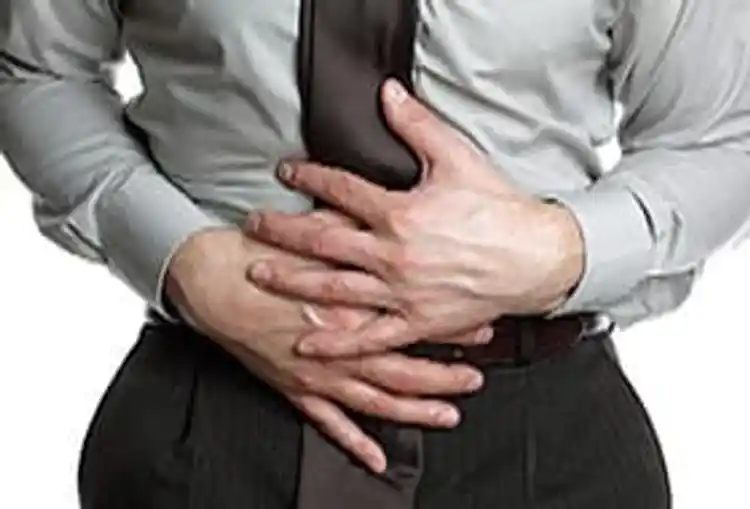Diarrhea Causes and Treatments

Hide Video Transcript
Video Transcript
Douglas A. Drossman, MD
I think it's part of life for people to occasionally get episodes of diarrhea. For acute diarrhea, we look at acute infections. We may not do anything except to treat it symptomatically or do a stool culture. There are certain triggers that we need to think about. High fat food can stimulate the bowel more, increased amount of caffeine can stimulate the bowel. And in fact, when you ask people about coffee, I always ask these days about Cokes or um, soft drinks which have caffeine. And if there's a hundred milligrams or 150 milligrams of caffeine in a glass, people might be taking as much as a thousand to 1,500 milligrams a day, which can cause diarrhea. And in many cases, we just have them cut back on caffeine and they will do better. Um, sugarless gum contains sorbitol. Sorbitol is not properly absorbed. That's why it's considered sugarless. It stays in the bowel. But the bacteria in the bowel have a party with that sugar and produce a lot of gas and diarrhea. So some people who take large amounts of sugarless gum might have cramps and diarrhea. I've had patients who have come in and are eating nothing but baby food because they continually restrict what they eat, thinking it's causing the symptoms, when in fact the problem is just their bowel is over reacting to anything they are eating. So we want to avoid overdoing these restrictions and be much more systematic in the approach. It's often embarrassing to experience things like gas or passing gas or having diarrhea, but to the patient it's very real and very difficult to them, and very embarrassing for that reason. They don't want to talk about it. They feel a little uncomfortable discussing it because it is the product of a lot of jokes. So I think it's uh, it kind of goes without saying that for the physician, we need to understand that patients can be very embarrassed about these conditions and to provide the opportunity for them to voice their concerns about it and their symptoms. It's not to say that laughter can't be used. In fact laughter has a remarkable way to diffuse anxiety, stress, and if patients are very uncomfortable and anxious about their condition, sometimes in a very sensitive way, bringing out some level of humor can be actually therapeutic as well to kind of minimize the impact. In many ways, patients have so much anxiety about this and so much worries about this that it gets magnified to a degree that that in itself becomes the problem.